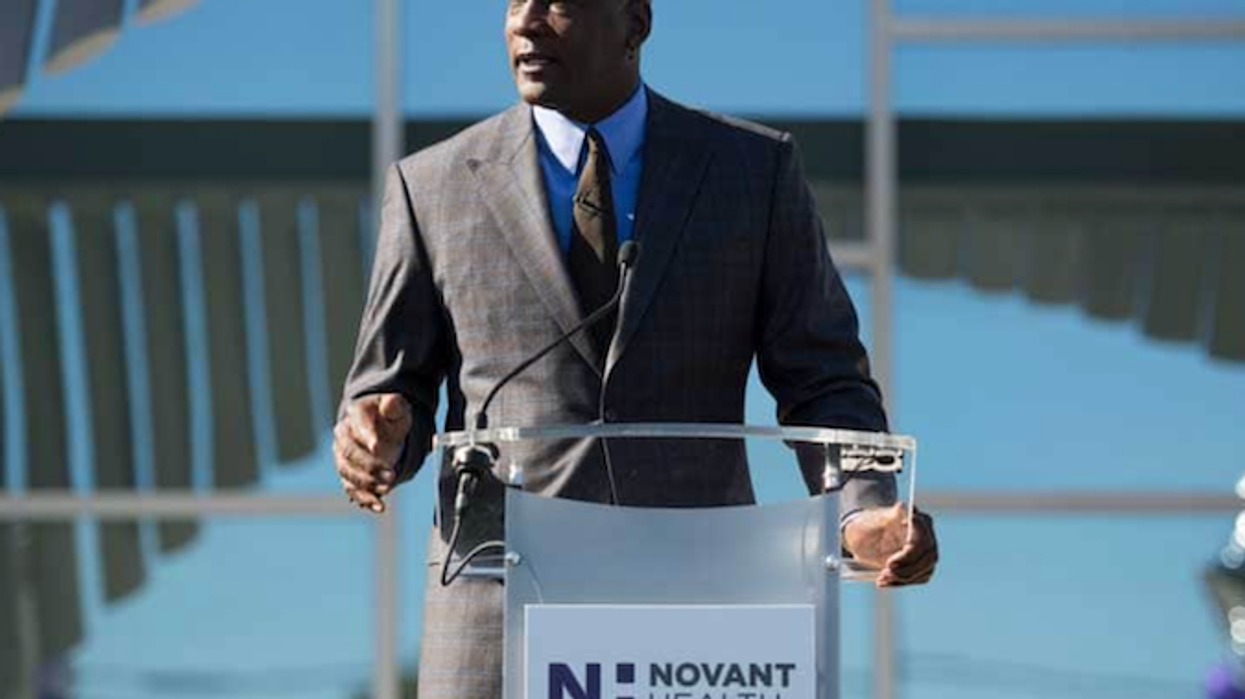Yesterday morning, as I sat listening to Randi Weingarten, who runs the all-powerful American Federation of Teachers, address the topic of reform in schools, I couldn't help but think that our generation will come up with a better way of doing things.In this way, teachers' unions feel a bit like the crisis confronting print media-as though the thing that's going to replace them hasn't yet revealed itself.As Weingarten spoke in near-constant platitudes (PDF of the full speech here), I cringed at her unspecific talk of change:This is the time to shed the old conflicts and come together. This is the time to forge a new path for our public schools and change public education for our changing world. But to Weingarten's credit, she eventually picked up steam by voicing support for some major, historically anti-union reforms -like linking test scores to teacher evaluations and making it less difficult to get rid of bad teachers.It is still unclear how all of this will be implemented, what will be done with teachers who have seniority and which test scores will be used to assess whether a teacher stays or goes. And as Ian Urbina pointed out earlier this week, states are very good at coming up with watered down requirements that amount to very little.Even Bob Herbert concurs: "If the union chooses not to follow through on these proposals, its credibility will take a punishing and well-deserved hit."Now onto you, dear reader-Can teachers' unions become tools of reform or is the system beyond repair?Image via
Search
Latest Stories
Start your day right!
Get latest updates and insights delivered to your inbox.
The Latest
Most Popular
Sign Up for
The Daily GOOD!
Get our free newsletter delivered to your inbox









